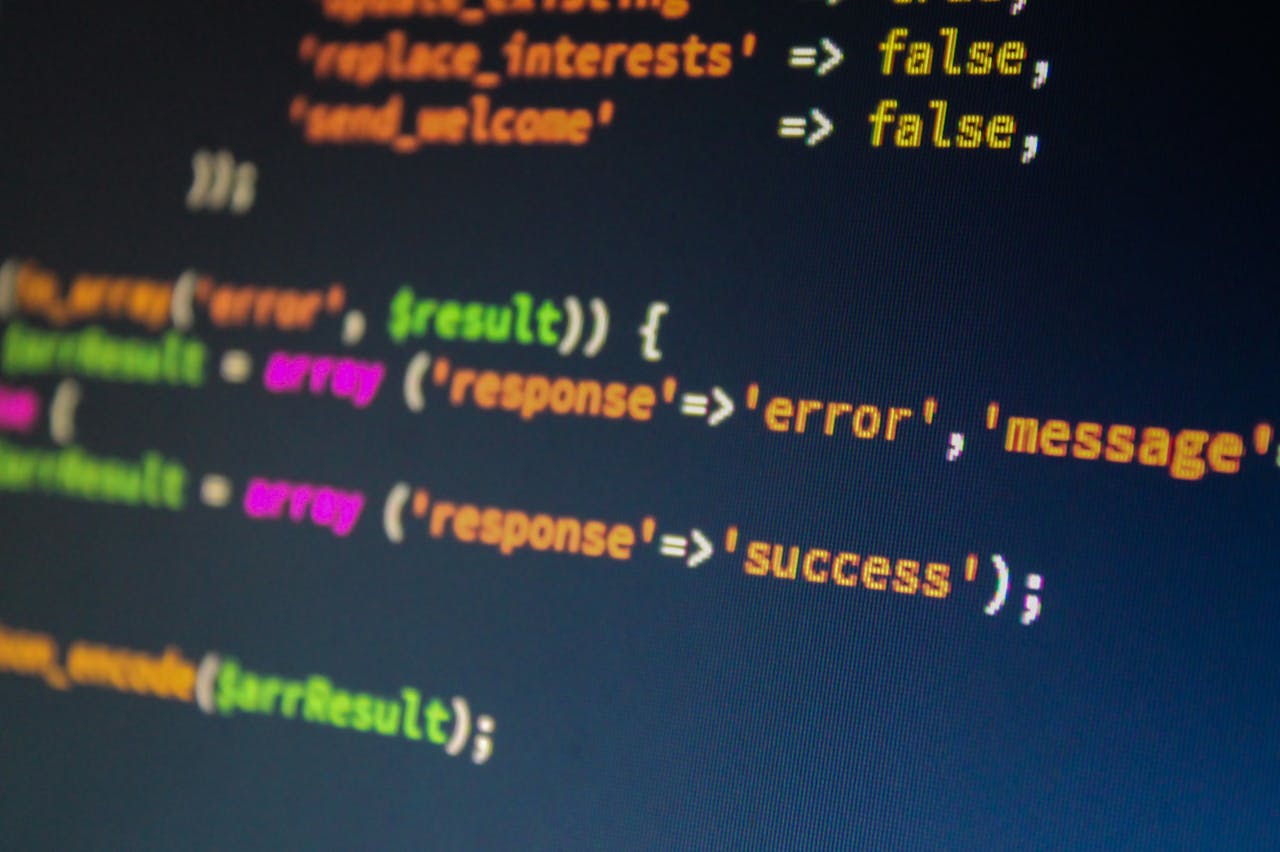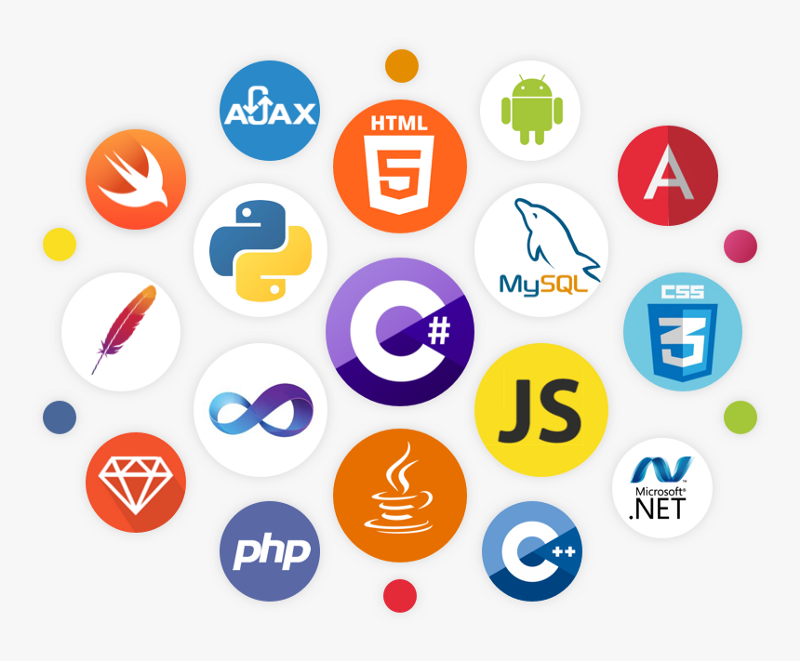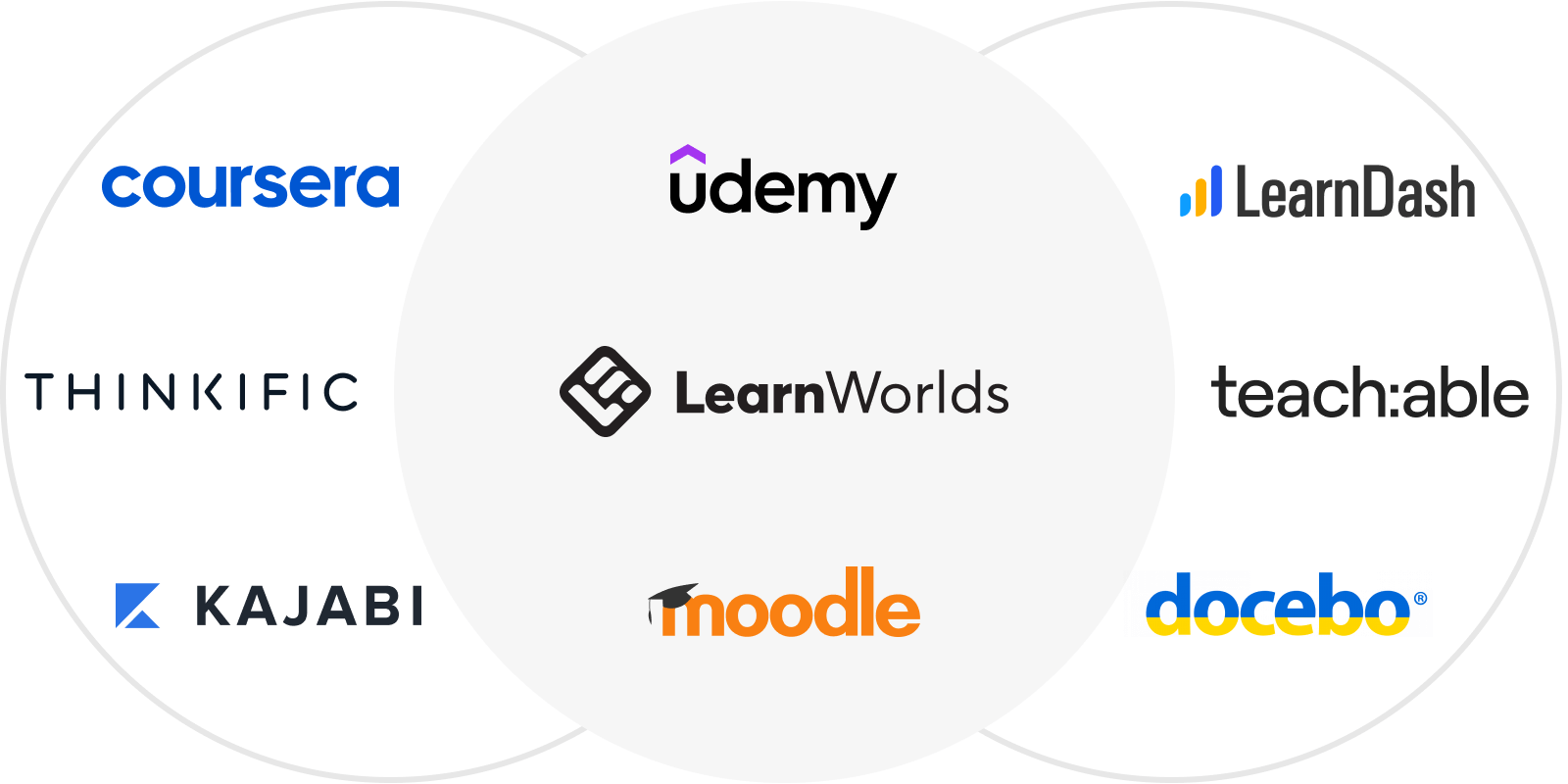Introduction

An illustration showcasing coding in 2024.
In 2024, coding remains one of the most in-demand skills across industries. From web development to data science, the demand for programmers continues to soar, and learning to code has never been easier. Whether you're starting from scratch or aiming to expand your knowledge, this guide will provide you with the best strategies, tools, and languages to begin coding this year. With the right approach, coding could open doors to new career opportunities, personal projects, or even your own tech startup.
1. Choose the Right Programming Language (Based on Your Goals)

A variety of programming languages to choose from.
The first major decision in your coding journey is picking a language that aligns with your goals. Different languages are suited for different purposes, and understanding what you want to achieve can help guide your choice:
- Web Development: Start with foundational web technologies like HTML, CSS, and JavaScript. JavaScript remains a critical tool for front-end and back-end development (Node.js).
- Mobile App Development: Learn Swift for iOS apps or Kotlin for Android development.
- Data Science & Machine Learning: Python dominates in data science with popular libraries like Pandas, NumPy, and TensorFlow. It's an excellent choice for anyone interested in artificial intelligence.
- Backend Development: Consider learning Python, Node.js, Ruby, or Java for server-side applications.
Your choice of programming language should depend on what you aim to create and the industry you wish to work in. Take the time to research what technologies are currently trending in your desired field.
2. Best Platforms to Learn Coding in 2024 (Free and Paid)

Top platforms to learn coding in 2024.
There is no shortage of excellent platforms available for learning to code, whether you're looking for free resources or paid courses. Here are some of the top options in 2024:
- FreeCodeCamp: Offers a comprehensive and free full-stack web development curriculum with interactive lessons.
- Codecademy: Great for beginners, providing hands-on, interactive lessons across various programming languages.
- Coursera & edX: Provide university-level courses that cover a broad range of topics, often with certificates upon completion.
- Udemy: Offers affordable, often highly rated, courses on everything from web development to data science.
By choosing the right platform based on your learning style—whether it's through interactive lessons, structured curricula, or self-paced courses—you can fast-track your coding journey.
3. Practice Coding Daily (Consistency is Key)

Practicing coding daily builds mastery over time.
The key to mastering coding is consistent practice. Set aside at least 30 minutes a day to tackle coding problems, work on small projects, or complete lessons. Here are some platforms to help you practice:
- LeetCode: Ideal for practicing coding problems, especially if you're preparing for technical interviews.
- HackerRank: Offers a variety of coding challenges across multiple languages.
- Codewars: Gamifies coding practice by allowing you to solve challenges and move up the ranks.
Daily practice will help you build muscle memory and become more comfortable solving problems under pressure.
4. Build Real Projects (Hands-On Learning)

Building real projects to solidify your coding knowledge.
Learning theory is important, but the best way to solidify your skills is by building your own projects. Consider starting with simple applications and gradually move towards more complex projects. Some ideas include:
- Creating a personal website or portfolio to showcase your work.
- Building a to-do list app to practice front-end and back-end skills.
- Developing a simple game using JavaScript or Python.
- Exploring data visualization by using Python libraries such as Matplotlib or Seaborn.
Building real projects gives you practical experience and helps you build a portfolio that potential employers or clients can review.
5. Join Coding Communities (Learn from Others)

Engaging in coding communities to boost your learning.
Coding is often easier when you have support. By joining coding communities, you can connect with other learners, share your projects, ask questions, and even collaborate on open-source projects. Here are some great communities to join:
- GitHub: Share your code, contribute to open-source projects, and build your portfolio.
- Stack Overflow: Ask questions, find solutions to coding problems, and engage with an experienced developer community.
- Reddit: Communities like r/learnprogramming and r/webdev provide advice, resources, and discussions tailored to beginners.
Surrounding yourself with other coders will keep you motivated and help you learn faster.
Conclusion

Enjoy your super power
Learning to code in 2024 opens up limitless possibilities—from building websites and apps to exploring data science and artificial intelligence. By choosing the right programming language, practicing regularly, building projects, and engaging with communities, you'll set yourself on a path to success. The key is persistence—stay consistent, and don't be afraid to tackle new challenges as you grow.
Ready to start your coding journey? Subscribe to our newsletter and get a free beginner’s coding guide, packed with tips and resources to help you get started!
Join Our Dev Community
Be the first to get exclusive updates, insights, and tech tips from our vibrant community. Join us to stay ahead in the tech world!
